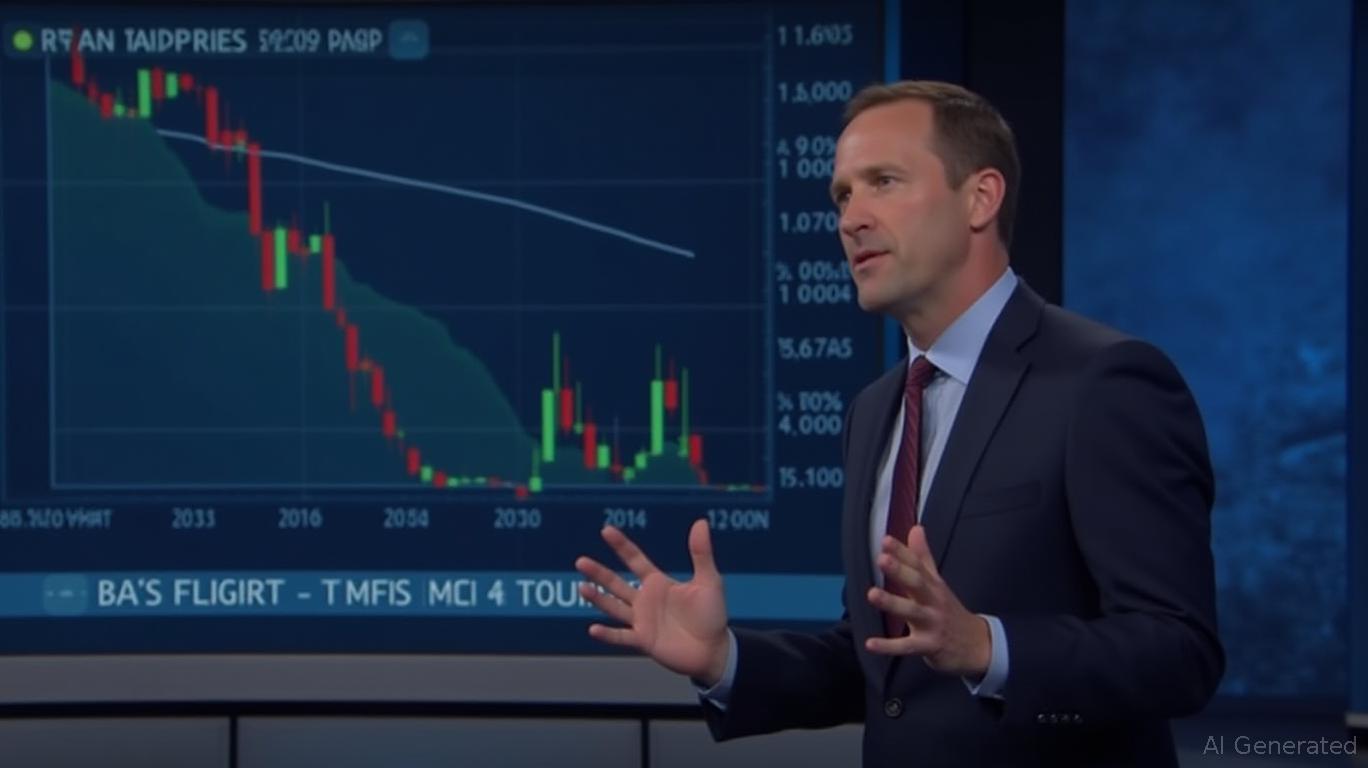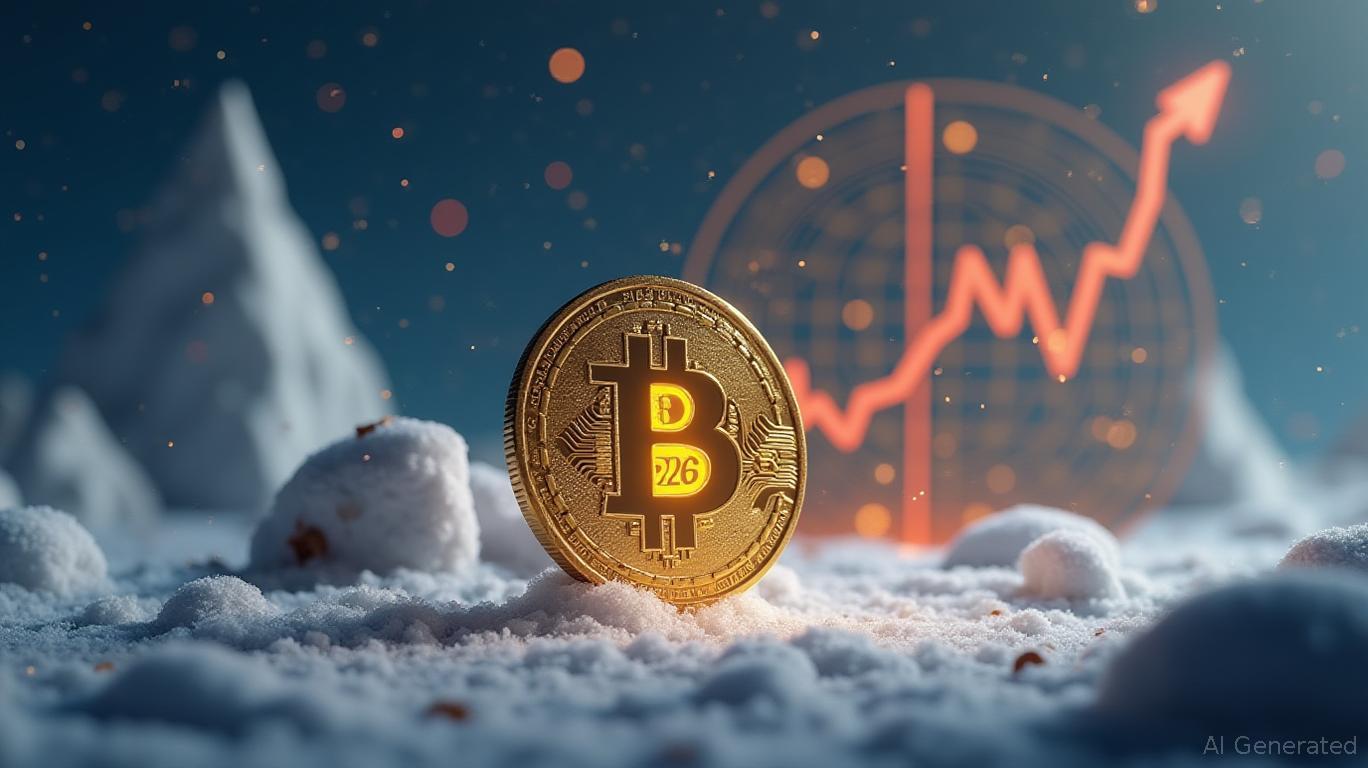Reliance Responds to Chinese Restrictions and Sanctions by Adjusting Its Global Supply Chains
- Reliance Industries faces dual challenges from China's battery export curbs and U.S. sanctions on Russian oil producers. - The company accelerates Chinese battery component shipments while boosting crude oil purchases from the Middle East and U.S. - Reliance's strategy highlights risks of overreliance on single suppliers amid geopolitical supply chain disruptions. - Chinese battery makers promise smooth export licenses, but interim uncertainty forces cautious procurement adjustments.
Reliance Industries Ltd., led by Indian billionaire Mukesh Ambani, is currently facing significant challenges in both its energy and technology supply chains. Recent developments reveal the company’s dependence on international markets as it adapts to shifting geopolitical and regulatory environments. Reliance has recently sped up the export of battery parts from China,
The company’s battery division, which is central to its renewable energy storage ambitions, is encountering immediate obstacles as China imposes stricter controls on the export of essential battery manufacturing equipment. According to the Business Standard, Chinese regulators have implemented new rules this month requiring export licenses for such equipment, effective November 8. A Reliance delegation has traveled to China to speed up shipments, and sources say that at least a dozen other international clients are also rushing their orders, sometimes skipping quality inspections to meet tight deadlines. The report notes that if Reliance cannot obtain Chinese equipment promptly, its plans to assemble batteries domestically for solar projects—an important part of India’s energy self-sufficiency efforts—could be delayed.

At the same time, Reliance has shifted its crude oil procurement approach in light of U.S. sanctions on Russian firms Rosneft and Lukoil. The company has acquired millions of barrels of crude from the Middle East and the U.S., including varieties such as Saudi Khafji, Iraqi Basrah Medium, and Qatari Al-Shaheen, with shipments scheduled for December and January,
These developments highlight Reliance’s efforts to balance its technological goals with the realities of global politics. The Business Standard pointed out that China’s dominance in the battery industry—home to six of the world’s top ten producers—makes companies like Reliance susceptible to changes in Chinese export policies. Meanwhile, sanctions on Russian oil have prompted Indian refiners to quickly adjust their sourcing strategies, leading to increased spot purchases from the Middle East, the U.S., and Brazil, according to Bloomberg.
A Reliance spokesperson commented on the changing situation, saying the company is "evaluating the impact of sanctions on Russian oil supplies and the export of refined products to Europe," and emphasized its ongoing commitment to operational stability through diversified sourcing, Bloomberg reported.
As international supply chains grow more complex due to trade disputes, Reliance’s actions mirror wider industry anxieties about depending too heavily on single suppliers. Chinese battery manufacturers have reassured customers that export licenses will be processed smoothly under the new rules, but the uncertainty has led companies to take a more cautious and reactive approach, the Business Standard reported.
Disclaimer: The content of this article solely reflects the author's opinion and does not represent the platform in any capacity. This article is not intended to serve as a reference for making investment decisions.
You may also like
Privacy, Reimagined
Bitcoin News Update: The Appeal of Bitcoin Compared to Liquidity Concerns: S&P Removes Strategy from Index
- S&P Global downgraded Strategy Inc. to junk status, removing it from the S&P 500 due to heavy crypto exposure and liquidity risks. - The company holds 640,808 BTC ($74B) but faces $15B in convertible debt, risking asset liquidation if Bitcoin prices drop. - CEO Michael Saylor remains bullish, aiming for a $2T Bitcoin portfolio by 2040 despite market volatility and mixed crypto treasury results. - JPMorgan and others are adapting to crypto, allowing digital assets as loan collateral, signaling growing ins

Uniswap News Today: MetaMask Token Buzz Highlights Drive Toward Ecosystem Decentralization
- MetaMask's potential token "MASK" speculation intensified after a password-protected claim portal emerged, raising 2025 launch odds to 35% on Polymarket. - Consensys CEO Joe Lubin hinted at a token as a "step toward decentralization," while a $30M loyalty program suggests ecosystem expansion efforts. - Co-founder Dan Finlay warned against phishing risks, emphasizing official channels for any token distribution amid past fake claim site attacks. - Market reactions highlight crypto volatility, with MetaMas

Pudgy Penguins' Price Rally Resembles 2020 DeFi Boom with $0.026 Milestone Approaching
- Pudgy Penguins (PENGU) surged past a falling wedge pattern, targeting $0.026 as key resistance amid rising on-chain accumulation and technical strength. - High-net-worth investors accumulated 2.16M PENGU weekly, aligning with a bullish cup-and-handle breakout validated by expanding volume and RSI momentum. - Market optimism grows with Kung Fu Panda collaboration, $1.34B market cap, and $111M daily volume, though $0.018-$0.020 support remains critical for sustained gains.
